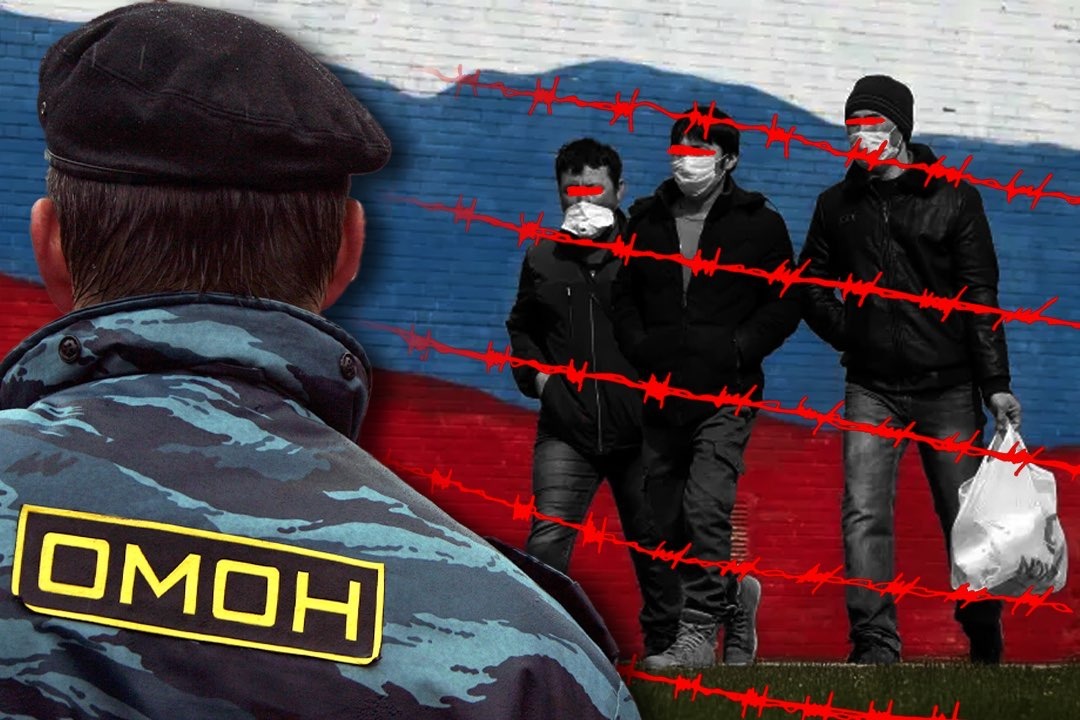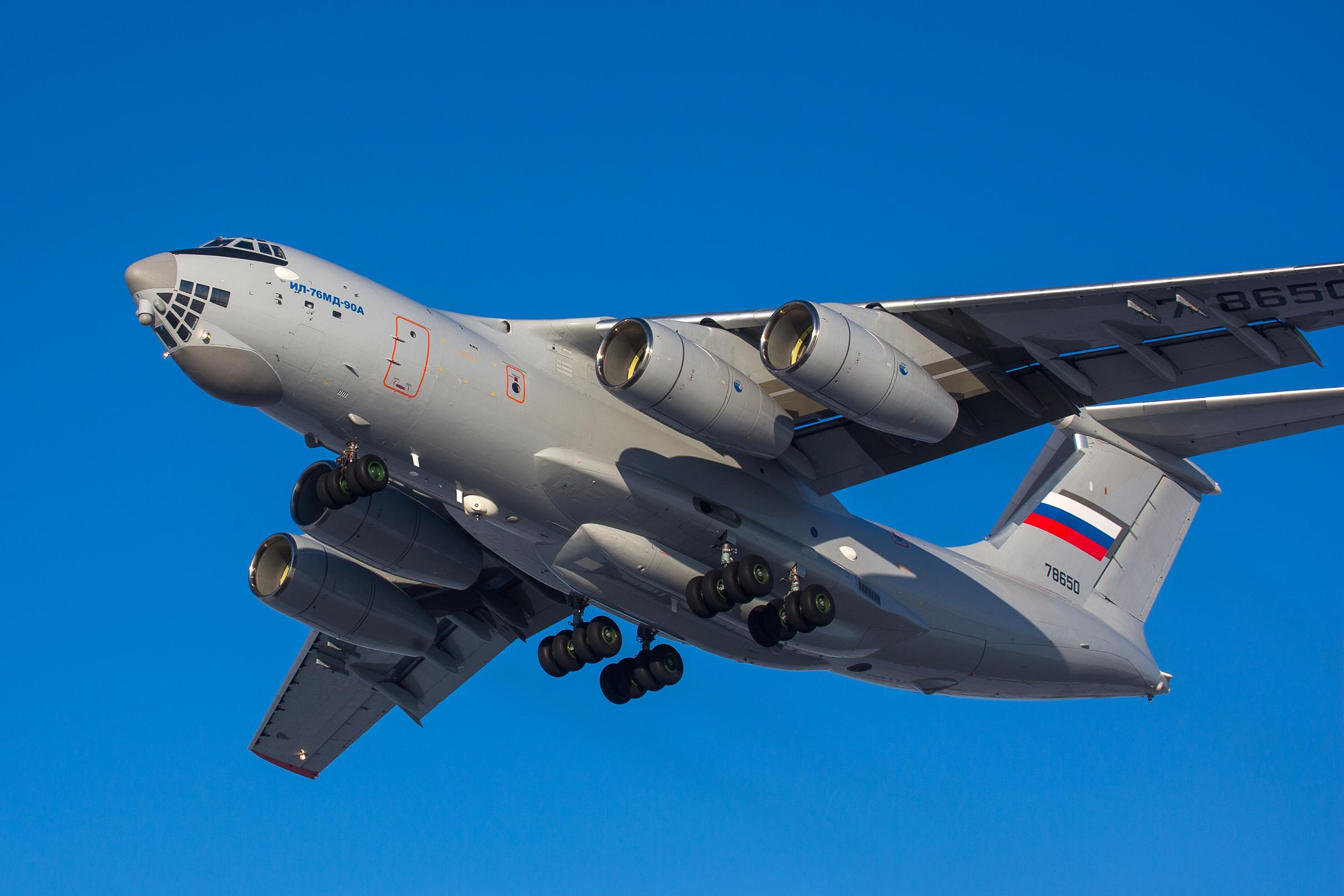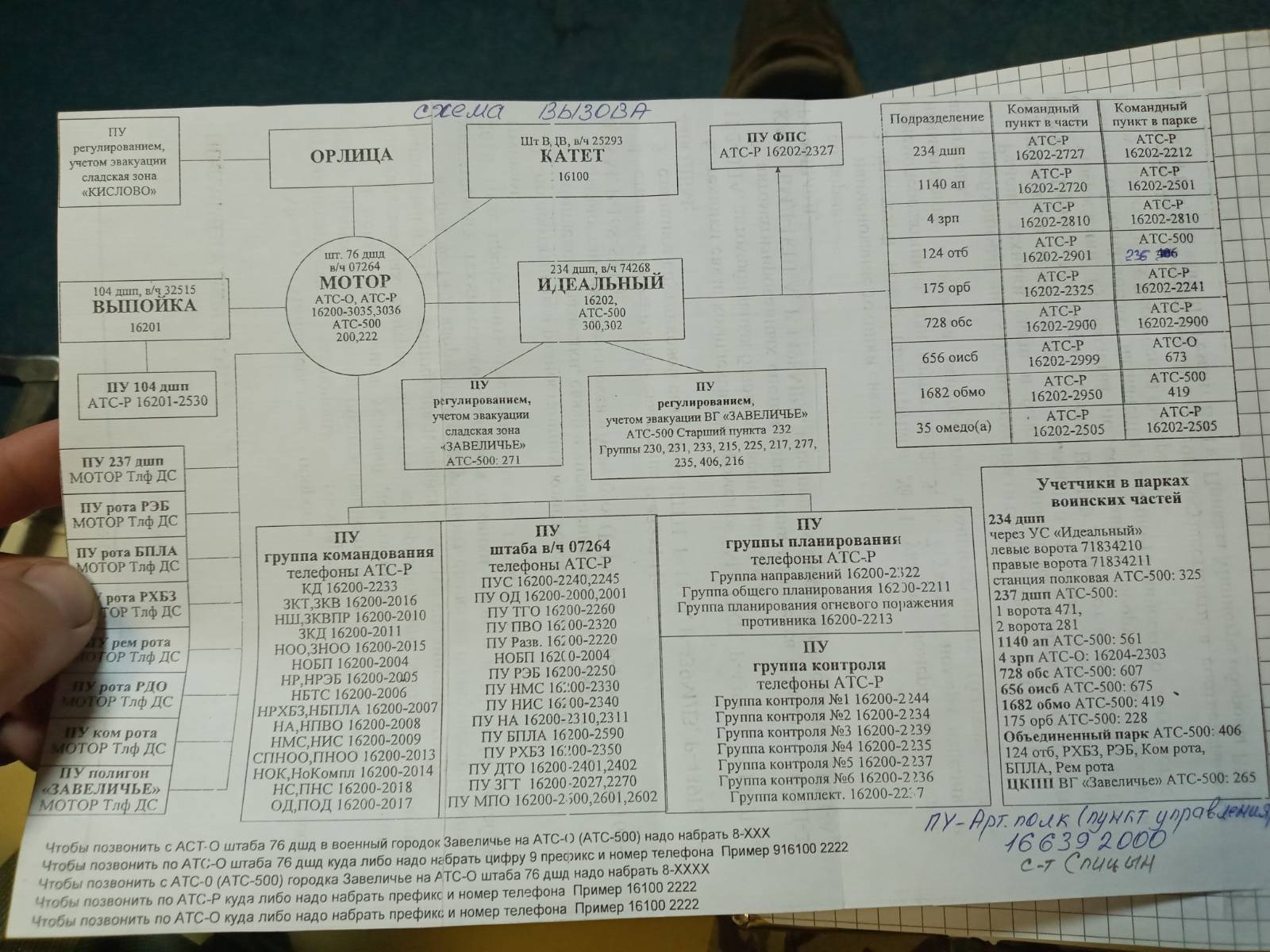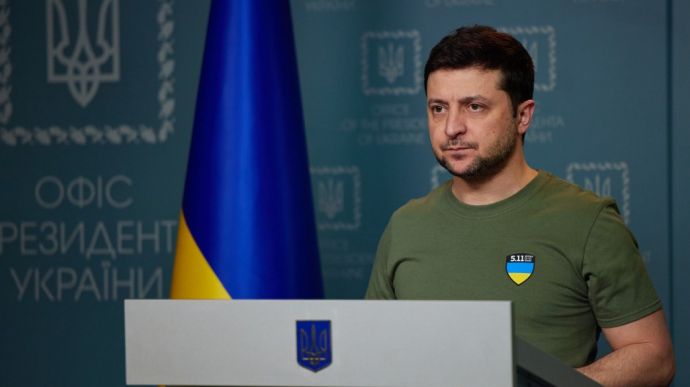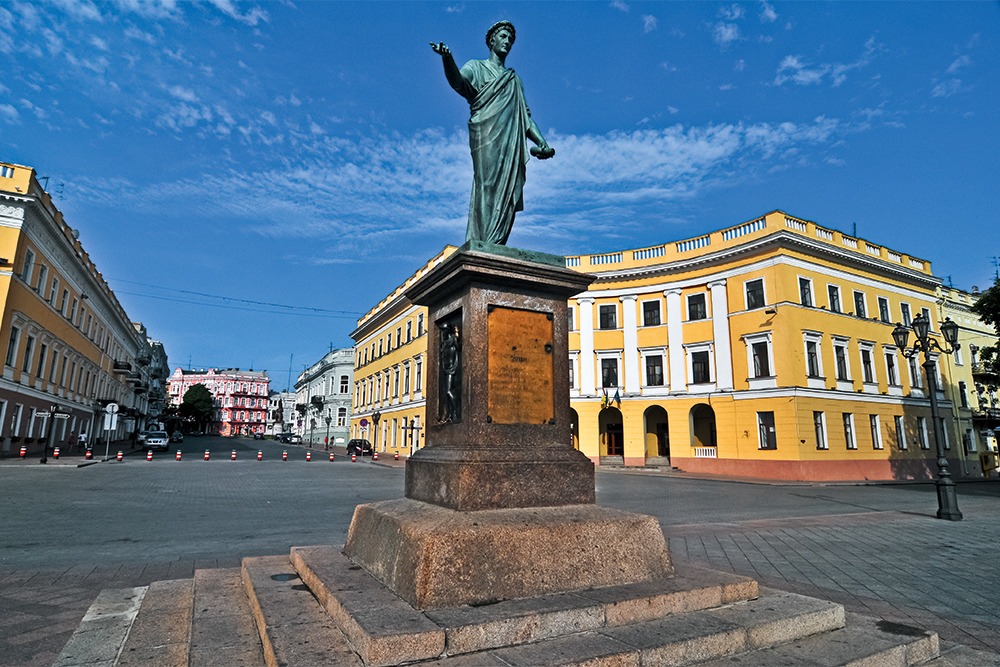Mass arrests in Yekaterinburg as a trigger for international escalation.
The conflict between Russia and Azerbaijan has rapidly escalated into open diplomatic confrontation. The cause of the new wave of tension was the mass arrests of the Azerbaijani diaspora representatives in Yekaterinburg by Russian police forces with the deaths of two detainees. The events caused a stir both within Russia and in Azerbaijan.
In terms of its severity, the current crisis has surpassed the consequences of the AZAL plane crash six months ago, when, as we recall, an Azerbaijani civilian aircraft was shot down by Russian air defense forces.
In Russia, there have been reports of violence against Azerbaijani citizens and active police raids against diaspora. Baku is increasing pressure on Russian structures in response, arresting alleged FSB agents and propagandists and blocking the Kremlin’s propaganda agency.
Economic dependence and political consequences
Despite Russia’s formal economic superiority, the changed international situation has increased the importance of even small partners for the Kremlin. Under the pressure of sanctions and a protracted failed war in Ukraine, Moscow can no longer ignore negative diplomatic signals from countries that were previously considered dependent.
Rise of xenophobia and chauvinism as state ideology in Russia
Recent political trends within Russia point to the institutionalization of ethnic discrimination. State rhetoric is taking on the characteristics of aggressive nationalism, with migrants and non-Russian peoples becoming the targets of aggressive propaganda.
This is not simply a reaction to internal instability—it is an attempt to focus public irritation on an “external” element, thereby strengthening authoritarian control in the context of the failed war in Ukraine.
Statements by key media figures, such as key TV propagandist Vladimir Solovyov, reinforce suspicions of a deliberate spread of Islamophobic rhetoric in Russia. Previously latent xenophobia has become public and institutionalized.
Under the guise of combating dissent, the model of a multinational state is being destroyed. The repressive mechanisms of the state are now directed not only at political opponents but also at ethnic and religious minorities. Forced mobilization, ethnic blackmail, and discriminatory practices are all becoming part of a controlled political doctrine.
Local incident exemplifies a broader policy and reflects a systemic problem
The tragic events in Yekaterinburg are not an isolated incident but a symptom of a profound transformation in the internal politics of the Russian Federation. The persecution of Azerbaijanis in the region demonstrates that the actions of law enforcement agencies are not spontaneous but fit into a general trend supported by Putin’s government.
As Mejlis deputy Rizvan Nabiev notes in his article, “Russia is being swept by a wave of chauvinism, what is happening testifies to the transformation of xenophobia into a state strategy.”
The following details outline the incident in Yekaterinburg, including the raid and its consequences.
According to Russian media reports, authorities allegedly carried out the raid against the Azerbaijani diaspora as part of an investigation into an unsolved murder in 2001, which left two people dead and nine others wounded with serious injuries. However, neither the nature of the raid nor the actions of the security forces confirm the legal justification for the operation.
The victims were Ziyaddin and Huseyn Safarov, both men in their 60s. Their relative, Saifaddin Huseynli, said that his brothers were “tortured to death without trial or investigation.” The official cause of death has not yet been announced.
“The so-called Russian law enforcement agencies broke into houses in the middle of the night, beat people up, and took them away like animals,” Huseynli said on air.
“Ethnically motivated, public, and deliberate illegal actions”
Azerbaijan has officially canceled all cultural events organized by Russian state and private entities in protest against the deaths of two Azerbaijani citizens, Ziyaddin and Huseyn Safarov, who were killed during a police raid in Yekaterinburg.
On June 28, the Azerbaijani Foreign Ministry issued a harsh statement, describing the actions of Russian security forces as “ethnically motivated, public, and deliberate illegal actions.” According to Baku, such incidents are already systematic in nature.
Baku demanded that Russia immediately investigate the incident and bring all those responsible to justice.
Baku speaks of “a manifestation of aggressive post-imperial policy”
The incident became a new link in the chain of growing tension between Moscow and Baku. In the context of ethnically motivated incidents in Russia and growing chauvinistic sentiments, Azerbaijan has taken a tougher stance, including diplomatic and cultural pressure.
At the same time, Azerbaijani state television aired harsh statements directed at the Kremlin. Russia was openly accused of “repression, chauvinism, and imperialism,” and its actions, both within the country and abroad, were described as manifestations of aggressive post-imperial policy.
The host of one of the Azerbaijani television channel’s programs addressed a direct question to the Russian leadership:
“What’s going on, Putin? Are you worried that Azerbaijan has become a strong country for the first time in 200 years, regained its land, and restored its sovereignty?”
He emphasized that Moscow is unable to perceive the former republics as equal partners, continuing to view them as controlled territories.
Growing fears of escalation in Russia itself
The reaction of the Russian state and Kremlin-affiliated media was swift. Several Telegram channels and news outlets reported a “threat of destabilization” allegedly emanating from the Azerbaijani diaspora. According to their claims, representatives of the Azerbaijani community in Russia “may begin to act proactively” in major cities, including Moscow.
Such statements, broadcast by federal channels, further fuel tensions, creating an atmosphere of mistrust and potential xenophobia toward Azerbaijanis and other migrants.
Azerbaijan steps up diplomatic and informational pressure on Russia
The arrests that followed the incident in Yekaterinburg, allegations of torture, and the lack of transparency in the investigation have caused outrage in Baku. Officially, Azerbaijan views the incident’s ethnic background as ethnically motivated violence at the state level.
In response to the actions of the Russian security forces, the Azerbaijani special services detained two employees of the Sputnik-Azerbaijan agency, who were allegedly cooperating with the FSB, and then a whole group of Kremlin propagandists. This provoked a sharp reaction from the Russian Foreign Ministry.
Recently, official Baku has often been waiting for the results of one investigation or another into anti-Azerbaijani actions taken on Russian territory. At the same time, Moscow has not yet provided any information about the Azerbaijan Airlines (AZAL) passenger plane that crashed near Grozny at the end of December 2024, even though everything about the crash is known.
After these events, the Azerbaijani media published articles demanding punishment for those responsible and compensation for the families of the victims and Azerbaijan. As always, the other side responded aggressively, launching a massive hacker attack on the Azerbaijani media. The country’s most authoritative media outlets, in particular the Report news agency and others, have repeatedly been subjected to hacker attacks. There is no doubt that this could not have been done without the instructions of the Russian Federation’s top leadership.
Since the deadly raid in Yekaterinburg, neither Putin nor any other high-ranking official has apologized for the incident. Although the government of Azerbaijan sent a note to the Kremlin, Russian officials shamelessly ignored it.
Internal repression as a reflection of the systemic ideology of Putin’s Russia
Members of the Azerbaijani-Russian working group on interparliamentary relations have harshly criticized what is happening in the Russian Federation. Deputy Vugar Iskenderov described Russia’s domestic policy as follows:
“Great empires must either expand or shrink in size and collapse. Unfortunately, this is exactly what we are seeing in the world today. Recent events show once again that what is being demonstrated to everyone today is not the rule of law, but the power of force over the law. The recent incident in Russia and the reaction it caused give reason to believe that ultranationalism and phobia are used as political tools in this country from time to time. Certain circles give the order, and these people seek to convey to society ideas that the state does not express openly but commissions. Currently, the difficult situation in which Russia finds itself, the psychological tension caused by the war, and the upheavals in society have spread to virtually all regions of the Russian Federation. Such an environment has caused psychosis among the population. To prevent this psychosis, ultra-nationalism has been temporarily replaced by the search for an internal enemy for “Russians in Russia.” This picture is now obvious,” stated Iskenderov.
Jeyhun Mammadov pointed out that Russian officials systematically discriminate against Azerbaijanis, destroying interethnic trust and potentially leading to irreversible consequences.
“The statements of individuals who have been subjected to cruelty by Russian law enforcement agencies once again confirm that there is serious discrimination and hostility towards migrants, especially Azerbaijanis. The Russian side must put an end to such cases and processes and take decisive measures to prevent similar events in the future. Otherwise, such events will deal a serious blow to trust between peoples, exacerbate hatred and confrontation, and ultimately lead to serious problems”, he said.
Xenophobia and Islamophobia as a tool of control
The Azerbaijani side points out that Russian policy toward migrants and Muslims is taking on the characteristics of systematic chauvinism and imperialism. At the federal level, an atmosphere of xenophobia is being created in which Turkic peoples and Muslim communities are particularly vulnerable.
The situation manifests itself not only in violent actions but also in propaganda rhetoric that legitimizes repression. For example, false accusations of extremism against MFYU students are one of many cases of provocative pressure on young people of Azerbaijani origin.
Forced recruitment of migrants into the army: a new form of coercion
It is obvious that the protracted war with Ukraine has caused Russia serious losses, both in military hardware terms and in manpower. More and more Russian citizens are evading conscription, and desertion is gaining momentum. Attempts by the Kremlin’s propaganda machine have failed. For this reason, the Kremlin is turning to migrants.
The recent atrocities committed against migrants from Central Asia, particularly Uzbeks, are a striking example of this. In recent years, the Kremlin has aimed its policy towards migrants precisely to replenish the shortage of human resources for waging war.
As a result of the large-scale war on Ukrainian territory, Russia is facing a shortage of human resources, and migrants are becoming one of the key reserves, but recruitment is not carried out through voluntary programs but through pressure, blackmail, and threats. Authorities accuse them of imaginary offenses, threaten them with deportation, and make threats against their families.
This policy affects not only labor migrants, but also Russian citizens of non-Russian origin, including Azerbaijanis, Caucasians, and Muslim peoples. Double pressure, based on ethnic and religious grounds, undermines the fundamental principles of equality and the rule of law.
Russia is entering a phase of systemic instability, where domestic policy is becoming not just authoritarian but ethnocentric and xenophobic. The events in Yekaterinburg and Azerbaijan’s response to them serve as a catalyst for a long-term trend towards radicalization.
A key aspect of the current conflict is the use of migrants and ethnic minorities as a resource for military purposes. Faced with a shortage of manpower against the backdrop of a protracted war with Ukraine, the Kremlin is increasingly resorting to blackmail and pressure tactics:
- Fabricating criminal charges
- Threats of deportation and reprisals against relatives
- Planting drugs and then offering a “choice” between prison and the front line
- Breaking promises about payments and legalization
According to human rights activists, migrants often participate in combat operations under pressure rather than of their own free will, which is a gross violation of international humanitarian law.
It is reported that conscription into military service in Russia is carried out mainly in regions with a high proportion of non-Russian populations, including Muslim and Turkic communities. This reinforces the perception that what is happening is a policy of ethnic cleansing under the guise of military necessity.
Breach of obligations: disregard for the 2022 Declaration
The Kremlin is violating the provisions of the Declaration on Allied Cooperation of February 22, 2022. According to paragraph 40, the parties undertook to:
- Maintain cultural and spiritual closeness.
- Guarantee the rights of national minorities.
- Support their participation in political and social life.
The latest actions of the Russian Federation directly contradict these commitments, which calls into question not only the Kremlin’s reputation but also the legal value of the signed documents.
Despite the signing of the Declaration on Allied Cooperation between Azerbaijan and Russia in February 2022, a real partnership has not been formed. Azerbaijan, unlike a number of other post-Soviet states, did not support the Russian Federation’s war in Ukraine, called the occupied Ukrainian territories as such, and provided humanitarian aid to Kyiv. Nevertheless, Moscow maintained a restrained rhetoric, given the strategic importance of Azerbaijani infrastructure projects—gas pipelines and the North-South railway corridor connecting Russia with South and Central Asia.
Now, against a backdrop of internal instability and isolation, the Kremlin is resorting to harsh ethnic rhetoric and ideological pressure in an attempt to control even those who formally remain outside its sphere of political influence.
Growing political and humanitarian crisis
The incident in Yekaterinburg has become a symbol of the deep rift in Russian-Azerbaijani relations. The Russian Federation’s repressive policies toward ethnic and religious minorities, attempts to mobilize migrants for war, and growing xenophobia all point to a systemic ideological crisis within Russia itself.
“Sinophobia, Islamophobia, and violent pressure on other peoples do not unite society but lead to its destruction,” summarizes Iskenderov.
If these trends continue, the consequences may go beyond bilateral relations and transform into a regional conflict of a humanitarian and legal scale.
Kremlin media and the anti-Azerbaijan campaign
The confrontation between Russia and Azerbaijan goes beyond diplomatic statements and military operations. The Kremlin media, acting as instruments of state propaganda, have launched a targeted information campaign against Azerbaijan.
Notorious figures such as Vladimir Solovyov play a special role in this campaign, publicly voicing provocative statements that undermine Azerbaijan’s territorial integrity and threaten stability in the South Caucasus. Such statements are not accidental—they are synchronized with the actions of law enforcement agencies and serve as informational support for Russia’s repressive foreign and domestic policies.
In addition to media rhetoric, Baku points to information and technological aggression on the part of the Russian Federation. In particular, there are reasonable suspicions that cyberattacks on key Azerbaijani news and government resources are coordinated by Russian special services. Russian special services are thus waging a hybrid war against Azerbaijan, combining forceful pressure, discrimination, and information sabotage..
On social media, even among Russian users, there is growing concern about the chauvinistic atmosphere that has engulfed the country. Numerous cases of violence and discrimination are creating an atmosphere of ethnic hysteria that has gone beyond local discontent and become the norm.
Conclusion: ideological collapse and the disintegration of the post-imperial myth
The escalation in Russian-Azerbaijani relations reflects not just a diplomatic crisis, but the collapse of the post-imperial model of interaction on which Moscow has long sought to base its policy. Azerbaijan today demonstrates its determination to act as an independent geopolitical player, while Russia is shrinking within its own ideological isolation, where intimidation, violence, and propaganda are becoming key instruments.
“Rashism” is the term already used in international analysis to describe Russian neo-imperialism, in which ethnic and religious hatred becomes the basis of domestic and foreign policy. In this context, the focus on Azerbaijan is seen as one of the ways to realize post-imperial ambitions—by destroying interethnic trust and undermining regional stability.
Azerbaijan is showing its determination to act as an independent player in international relations, free from Russian pressure. The arrest of Russian special service agents and propagandists in Baku, harsh media rhetoric, and diplomatic notes testify to a deeper transformation in relations between the two countriesBaku is sending a signal, not only to Moscow but also to the rest of the region: the former model of subordination within the post-Soviet space is no longer acceptable.
